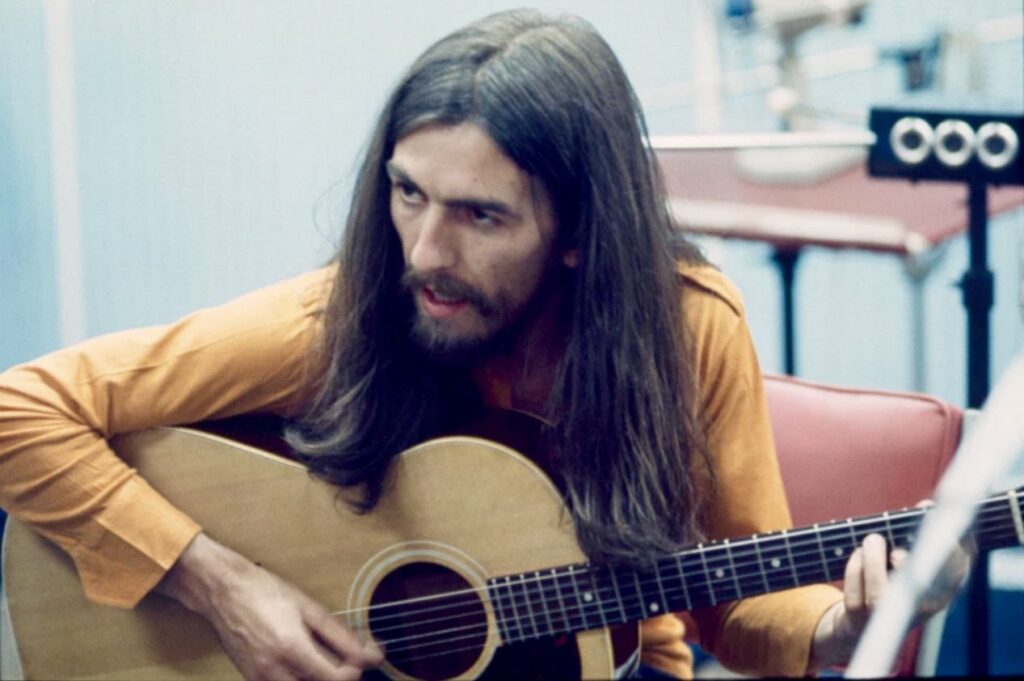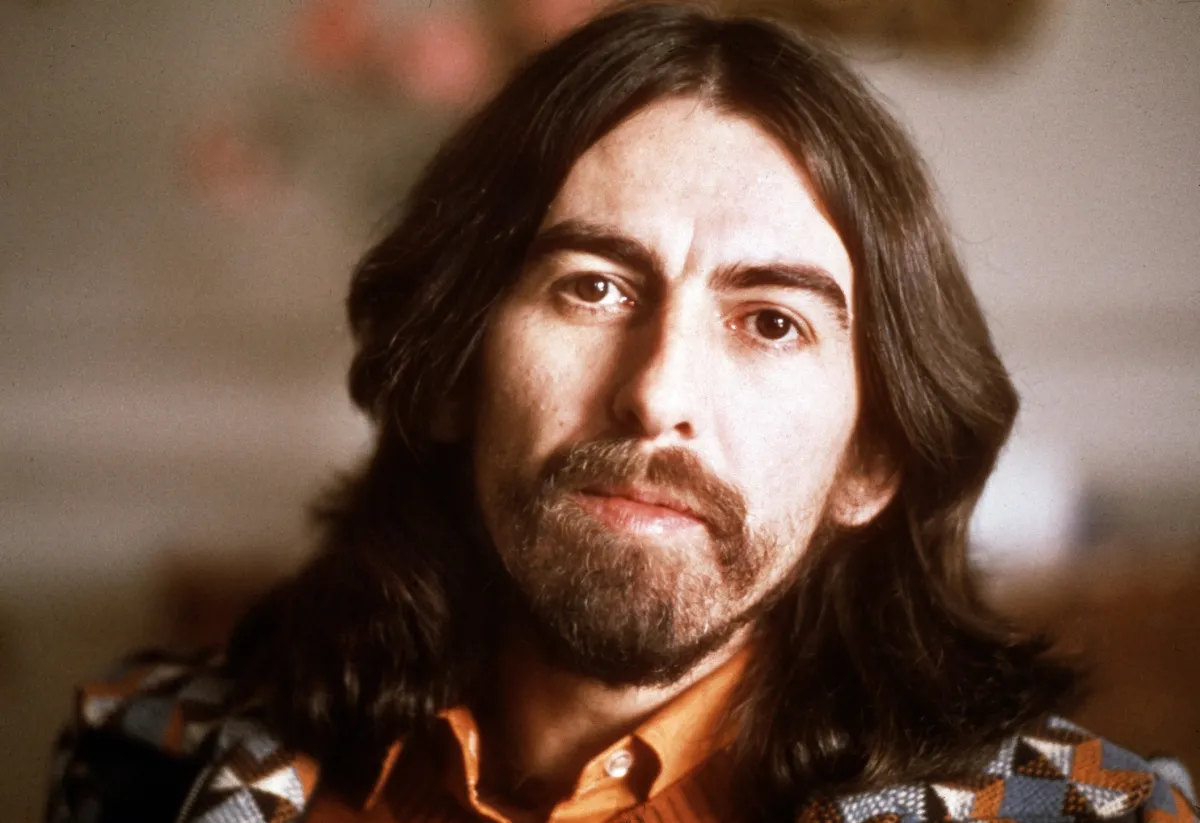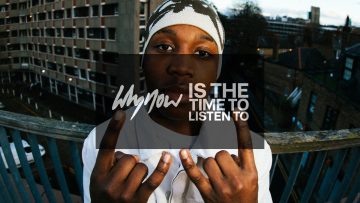Once described as “the quiet Beatle”, George Harrison rocked the music world when he found himself at a crossroads of musical innovation and legal controversy that helped shape the landscape of copyright law in the music industry.
Amidst the creative ferment of the late 60s, Harrison’s burgeoning songwriting talents were coming into their own, despite the limited space afforded to him on Beatles albums. Compositions like ‘While My Guitar Gently Weeps’ and ‘Here Comes the Sun’ stood out as defining moments in the Beatles’ discography, yet internal tensions and creative differences were leading the band towards an inevitable split.
In 1970, with the Beatles’ dissolution in the rearview, Harrison embarked on a solo career, armed with a backlog of material that would soon manifest as All Things Must Pass, a triple LP that soared to the top of charts worldwide.
READ MORE: ‘George Harrison is coming to dinner’: The family who introduced the Beatles to Indian music
Among its hits was ‘My Sweet Lord’, a track that encapsulated Harrison’s deep dive into spirituality and his quest to articulate a universal yearning for divine connection. However, the song’s success was soon overshadowed by a legal storm that would embroil Harrison in one of the most notorious music lawsuits of the 20th century.
The controversy centred around ‘My Sweet Lord’s’ alleged similarity to ‘He’s So Fine’ by The Chiffons, a claim that led to a prolonged legal battle initiated by Bright Tunes Music Corporation. I write alleged, but you can hear for yourself the stark similarities:
Despite Harrison’s intentions to create a spiritually uplifting piece that transcended religious boundaries, the lawsuit argued for copyright infringement. This claim would lead to years of court proceedings and a landmark ruling in copyright law.
In a puzzling but effective play, The Chiffons actually recorded their own version of ‘My Sweet Lord’ in 1975, just before the case went to court, in a bid to attract attention to the lawsuit and drum up support for their side.
At the heart of the dispute was the concept of ‘subconscious plagiarism’, a notion that the court found plausible in Harrison’s case in 1976. Despite acknowledging Harrison’s lack of deliberate infringement, the court’s decision underscored the fine line between inspiration and unlawful appropriation in music composition.
READ MORE: The story of Now And Then | How The Beatles reuinted one last time with the magic of AI
The protracted legal saga, compounded by the betrayal of Harrison’s former manager, Alan Klein, not only affected Harrison’s songwriting confidence but also prompted a reevaluation of legal frameworks surrounding music copyrights.
In the years after, the three other Beatles gave their two cents on the case. When asked to comment on the decision in a 1976 interview, Ringo Starr said: “There’s no doubt that the tune is similar but how many songs have been written with other melodies in mind? George’s version is much heavier than the Chiffons – he might have done it with the original in the back of his mind, but he’s just very unlucky that someone wanted to make it a test case in court.”

Paul McCartney echoed Starr and acknowledged that the Beatles drew heavily from other artists’ work. In a 2008 interview, he defended Harrison’s borrowing from ‘He’s So Fine’, arguing it was warranted since Harrison moved away from the conventional “boy-girl theme” to deliver a significant spiritual message.
John Lennon was slightly less charitable than his other bandmates. In a 1980 interview with Playboy, he cast doubt on the notion of ‘subconscious plagiarism’, saying of Harrison: “He must have known, you know. He’s smarter than that … He could have changed a couple of bars in that song, and nobody could ever have touched him, but he just let it go and paid the price. Maybe he thought God would just sort of let him off.”
The resolution of Harrison’s case, costing Harrison $587,000, while allowing him to retain rights to ‘My Sweet Lord’ in certain territories, marked a pivotal moment in copyright law, influencing how legal battles around pop music are fought to this day (see Ed Sheeran’s recent tussles in the courts).
However, it must be noted that the legacy of George’s ‘My Sweet Lord’ transcends its legal controversies, and the song remains a solid testament to his brilliant artistic vision and his pursuit of spiritual and musical enlightenment.
Keep up to date with the best in UK music by following us on Instagram: @whynowworld and on Twitter/X: @whynowworld





